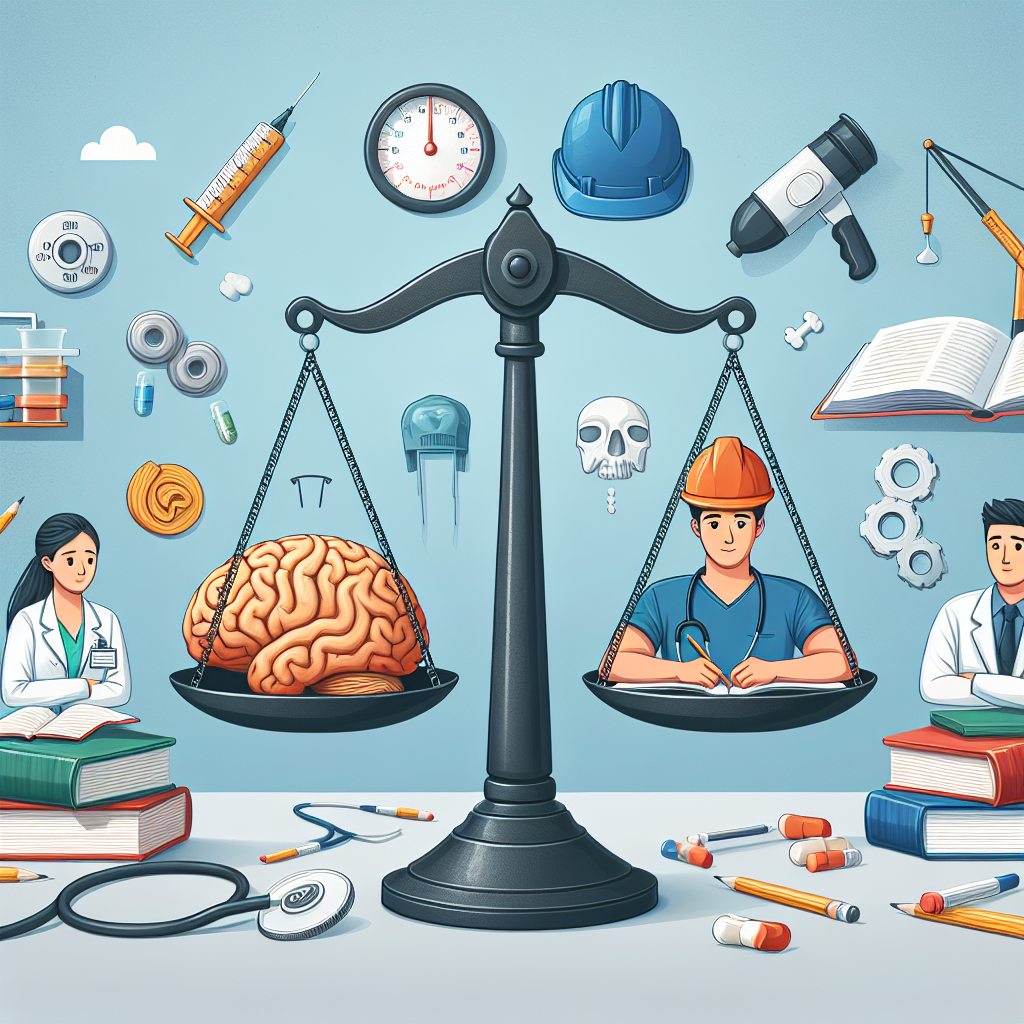In the demanding world of medical residency, time is a precious commodity. Between long hours in clinical settings and the relentless pursuit of knowledge, finding an effective study method can be challenging. Fortunately, there are practical approaches that can help residents optimize their learning, allowing them to balance their demanding schedules while mastering complex medical concepts. In this article, we explore practical strategies to study smart and work hard.
The Importance of Time Management
Prioritize Your Tasks
Time management is the cornerstone of successful studying. With so much to juggle, residents must learn to prioritize tasks. Start each day by listing the most critical tasks, from attending rounds to reviewing patient cases or prepping for exams. This simple practice ensures that you’re addressing the highest priority items first.
Use a Planner or Digital Tool
Whether it’s a physical planner, a calendar app, or a task management tool, keeping track of your commitments can drastically improve your efficiency. Schedule dedicated study periods, clinical duties, and personal time. This structured approach not only helps you stay organized but also allows for a clear separation between work and relaxation.
Active Learning Techniques
Engage with the Material
Instead of passively reading textbook chapters, employ active learning techniques. This might include methods like summarizing information in your own words, teaching concepts to peers or even participating in study groups. Engaging with material helps solidify knowledge and improve retention.
Use Case-Based Learning
Case-based learning mimics real-world scenarios that you may encounter during your residency. By applying theoretical knowledge to practical situations, you enhance your critical thinking and clinical reasoning skills. Analyze case studies relevant to your specialty, and discuss them in group settings to deepen understanding.
Leverage Technology
Online Resources and Platforms
In today’s digital age, a wealth of online resources is available. Websites like Medscape, UpToDate, and various medical podcasts offer high-quality information tailored for busy residents. Utilize these resources for quick learning sessions during downtime, such as while commuting or waiting for shifts to begin.
Utilize Medical Apps
There are numerous medical apps that can heighten your learning experience. From drug reference guides to diagnostic tools, apps can serve as handy resources for day-to-day practice. For instance, apps like Epocrates and Medscape can quickly provide information right at your fingertips when you need it the most.
Develop a Study Routine
Consistency is Key
Creating a consistent study routine can help normalize learning amidst a chaotic schedule. Aim for short, frequent study sessions rather than cramming. A well-structured routine, preferably daily, helps to reinforce learning over time, making it easier to recall information during exams or patient encounters.
Utilize the Pomodoro Technique
The Pomodoro Technique is a time management method that encourages productivity through intervals of focused work followed by short breaks. Typically, you work for 25 minutes, then take a 5-minute break. This technique can enhance concentration and reduce burnout, allowing residents to maximize their study sessions effectively.
Build a Support Network
Join Study Groups
Joining a study group can amplify your learning experience. These groups provide diverse perspectives and shared resources that can lead to deeper understanding. Collaborating with peers not only enriches knowledge but also fosters a supportive community in which residents can share challenges and successes.
Seek Mentorship
Finding a mentor within your residency program can be invaluable. Mentors can offer insights on navigating the demands of residency, sharing strategies and resources that have worked for them. Building this relationship can enhance your learning experience and professional development.
Self-Care and Well-Being
Don’t Neglect Your Health
Physical and mental health significantly impact your ability to learn. Ensure that you’re eating well, exercising, and getting enough sleep. Mindfulness practices, such as meditation and yoga, can also help manage stress and improve focus during study sessions.
Schedule Downtime
Amidst a rigorous learning and work environment, scheduling downtime is essential. Engage in hobbies or activities that you enjoy, and allow yourself time to recharge. A balanced approach will make you more efficient and better equipped to retain knowledge.
Conclusion: The Journey of Learning
As a resident, the dual responsibility of study and work can feel overwhelming, but implementing these practical strategies can help you achieve a more efficient and balanced approach to learning. By prioritizing time management, engaging actively with material, leveraging technology, developing a study routine, building a support network, and maintaining your well-being, you can optimize your residency experience.
Remember, mastering medicine is not just about working hard but also about studying smart. As you embark on this rewarding journey, embrace the challenges and invest in your growth, knowing that every step forward brings you closer to becoming the compassionate and skilled physician you aspire to be.


